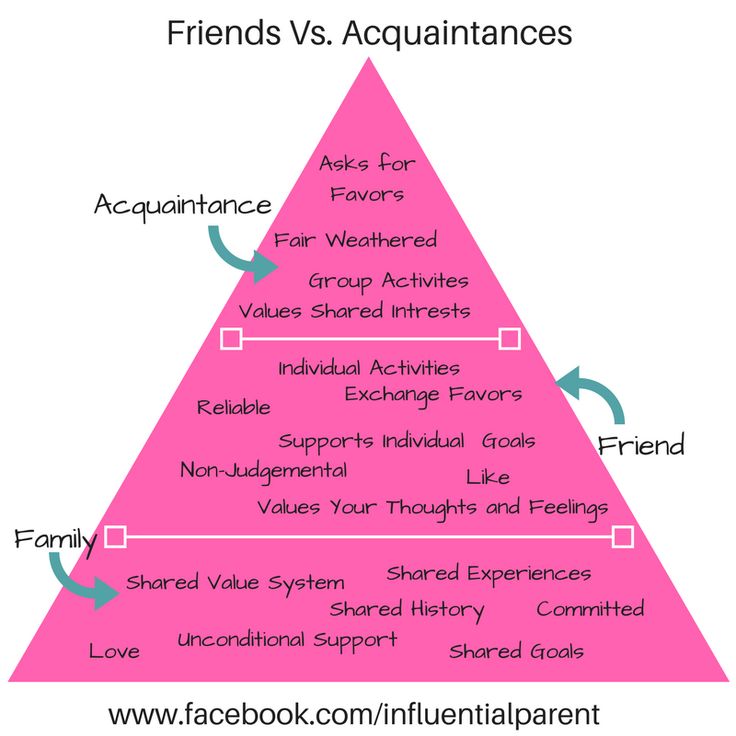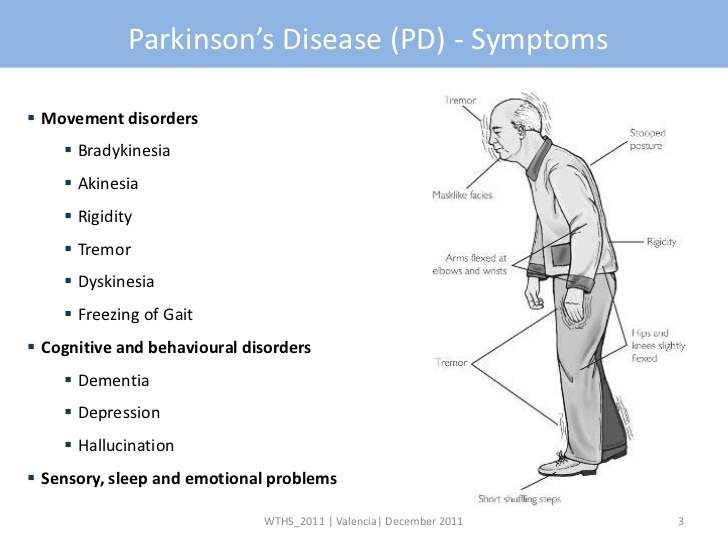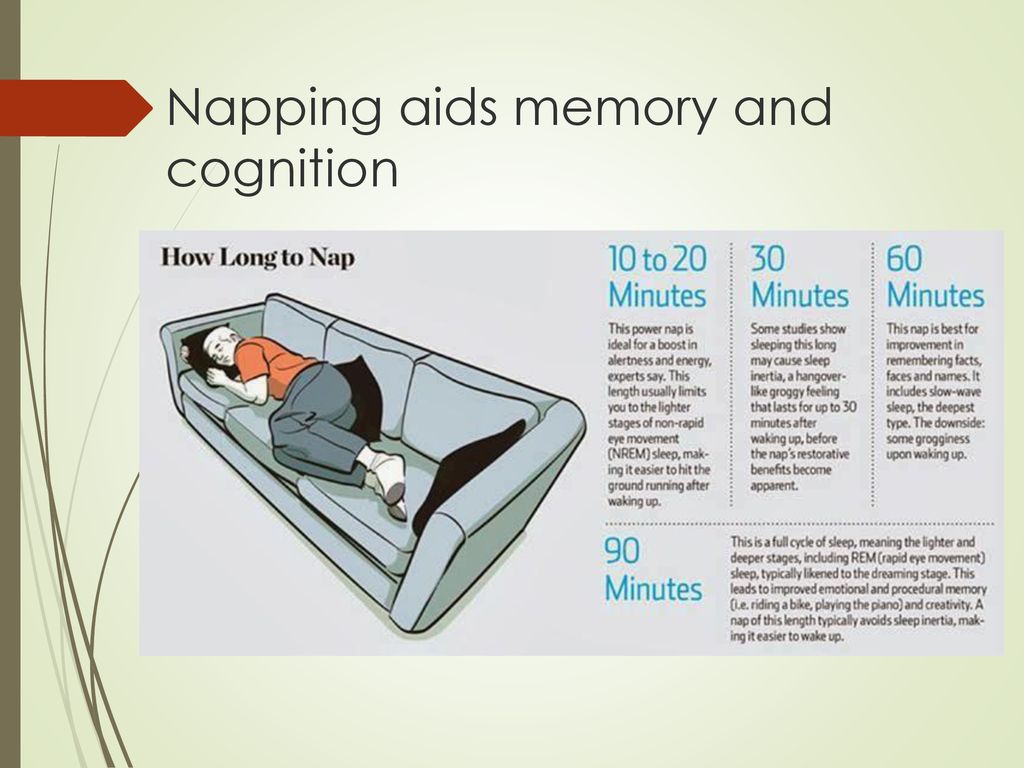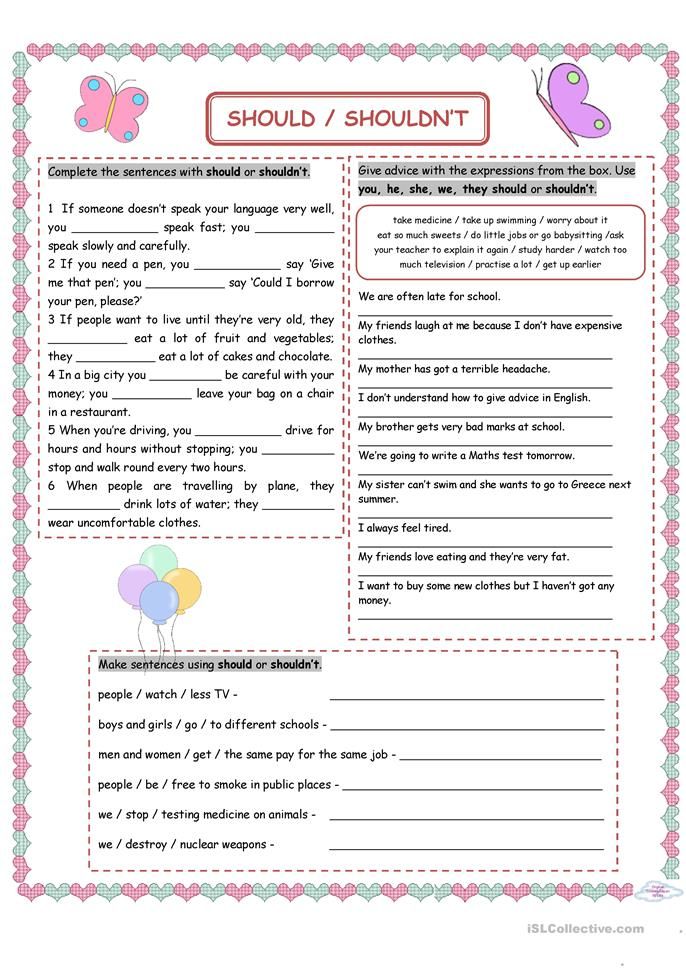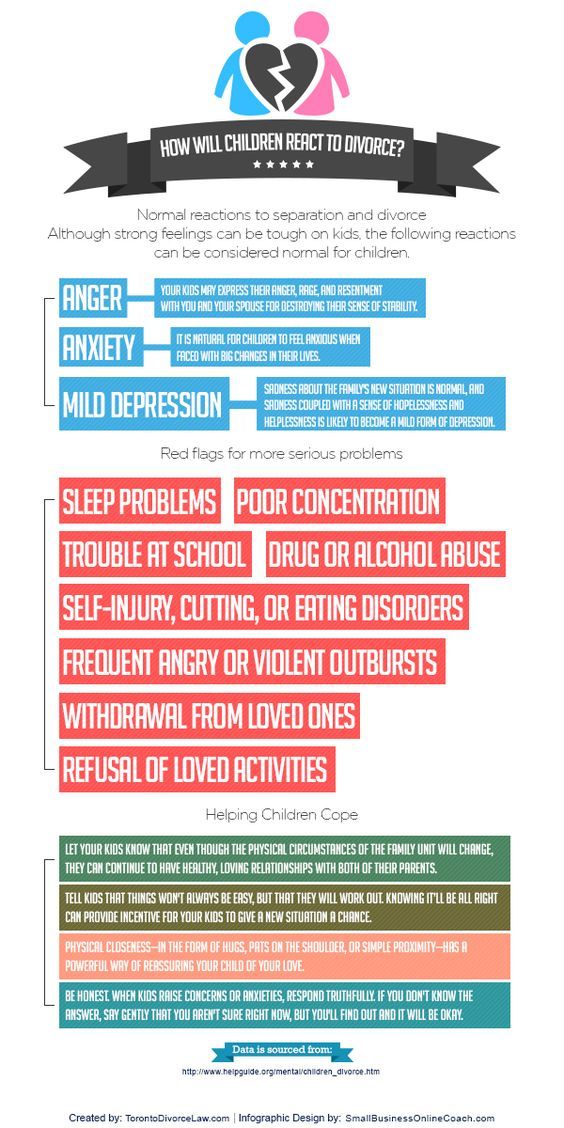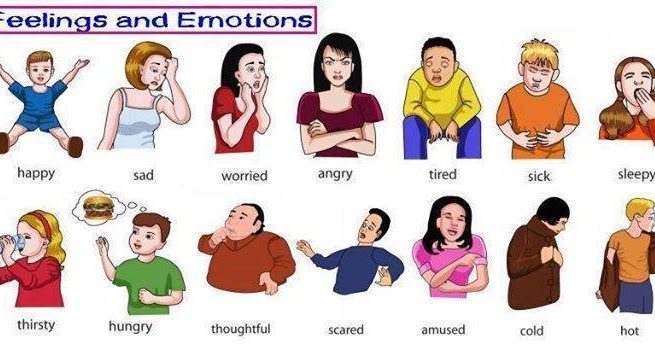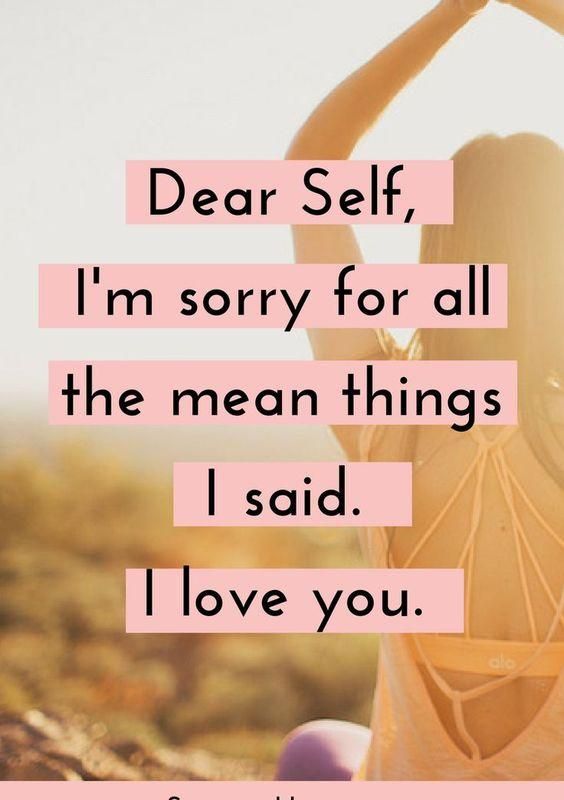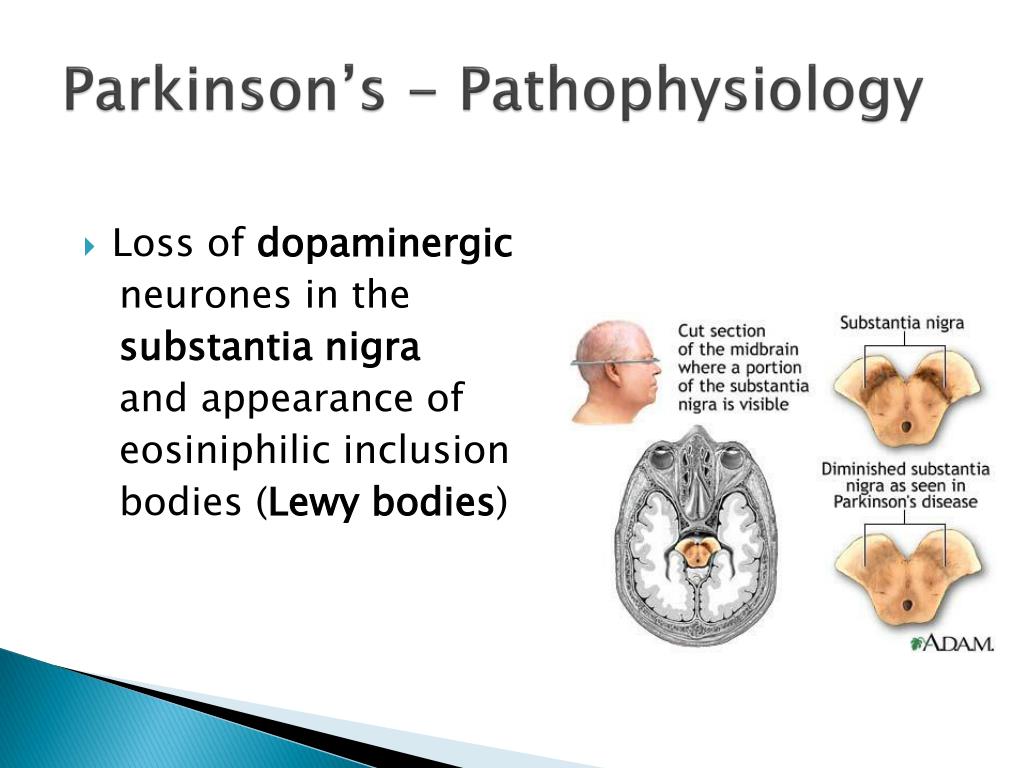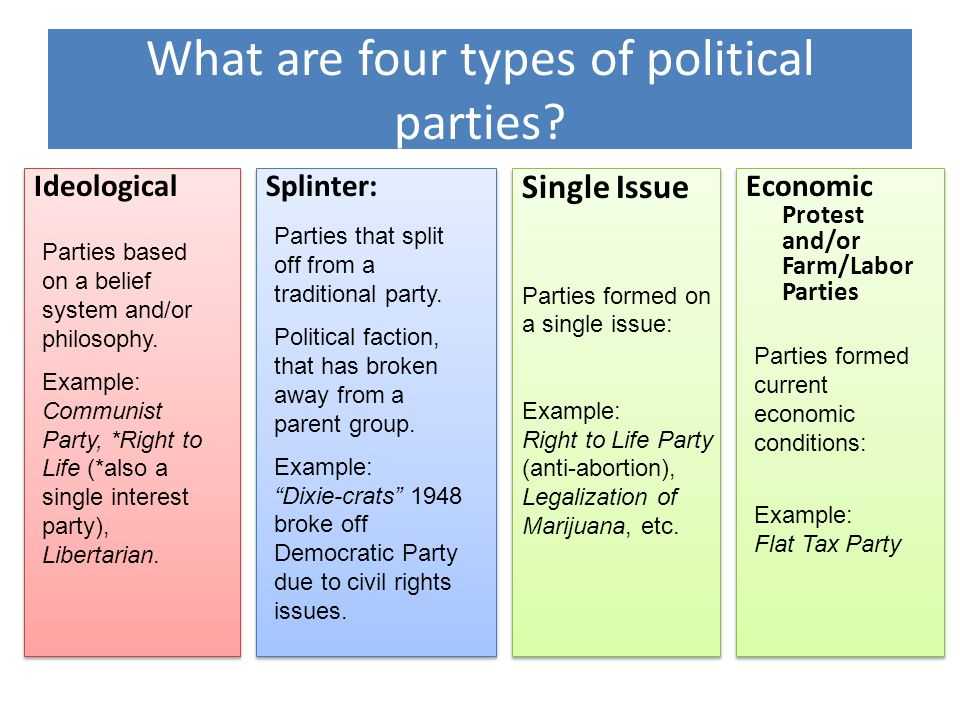Why does anxiety get worse at night
Anxiety at Night: Causes, Symptoms, and Treatments
Anxiety is a typical human emotion characterized by feelings of nervousness and worry. Nighttime is one of the most common times for anxiety. Depending on the cause, treatment may be medication, lifestyle, or therapy based.
Anxiety occurs when stress lingers for a long time, sometimes without an obvious cause.
You may be anxious due to stressful situations, such as a first date or a job interview. But when this sense of worry doesn’t go away and even keeps you up at night, you may have an anxiety disorder.
Read on to learn the possible causes of nighttime anxiety and how to relieve it.
Anxiety can interfere with your daily — and nightly — life.
Research shows sleep deprivation can trigger anxiety. Research also shows that the risk of poor sleep is higher in people living with mental health conditions like anxiety.
For this reason, treating your nighttime anxiety and addressing your sleep issues are both important steps in improving your quality of life.
There are many symptoms of anxiety. Everyone experiences anxiety differently. Symptoms can happen any time of the day, in the morning, or at night. Common symptoms of anxiety include:
- feelings of nervousness, restlessness, or worry
- trouble concentrating
- trouble falling asleep or staying asleep
- gastrointestinal problems
Another symptom a person with anxiety may also experience is a panic attack. A panic attack is an episode of extreme and intense fear, often accompanied by physical symptoms. The common symptoms of a panic attack include:
- a sense of impending doom
- increased heart rate and chest pains
- shortness of breath and throat tightness
- sweating, chills, and hot flashes
- dizziness or lightheadedness
- a feeling of detachment, or like nothing is real
Symptoms at night
Sometimes, you may even wake up from a nocturnal panic attack. Nocturnal (nighttime) panic attacks have the same signs and symptoms as regular panic attacks, but they occur while you’re asleep.
Research shows that about 20% to 45% of people living with panic disorder experience frequent nighttime panic attacks. If you experience a nocturnal panic attack, it may be hard to calm down and fall back asleep.
For some people, nighttime anxiety can lead to insomnia. Insomnia is defined as persistent trouble falling or staying asleep. Chronic insomnia can have negative health effects, including an increased risk of:
- health conditions, such as high blood pressure and a weakened immune system
- mental health conditions, such as depression
- accidents
There are many reasons why you might have an anxiety disorder. Often, people may have a genetic susceptibility to anxiety, and this can interact with stressful life situations or experiences.
Other factors contributing to developing anxiety include prescription medications or herbal supplements, substance use disorder, or a history of trauma.
Anxiety can also be triggered by medical conditions.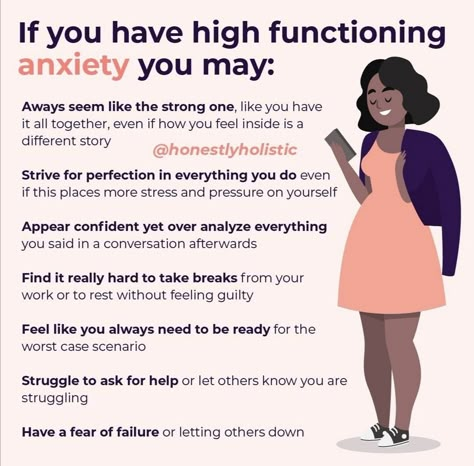 They include:
They include:
- heart disease
- hyperthyroidism
- diabetes
- chronic pain
- irritable bowel syndrome
- certain brain tumors
Anxiety and sleep
Sleep issues and anxiety seem to accompany one another. Lack of sleep can be an anxiety trigger, while anxiety can also lead to a lack of sleep.
You may feel your mind racing and may not be able to stop your thoughts. You may be focused on the worries of the day or anticipating things on your to-do list for the next day. This perceived “stress” can cause the body to experience an adrenaline rush, which makes it incredibly difficult to get to sleep.
Population surveys show that 24% to 36% of people who have difficulties sleeping at night have an anxiety disorder. In one self-reported survey, researchers also found that people living with panic disorder are three times more likely to have issues with sleep than people who don’t live with the condition.
In a small 2016 study, researchers examined the relationship between cognitive behavioral therapy (CBT) and sleep quality in people with anxiety. Researchers found that both sleep quality and sleep latency (the time it takes to fall asleep) improved in participants who responded to CBT.
Researchers found that both sleep quality and sleep latency (the time it takes to fall asleep) improved in participants who responded to CBT.
The researchers believe that targeting sleep problems during anxiety treatment might be beneficial for those who have trouble sleeping.
It’s important to remember that it can take time to find the right treatment approach for your anxiety. Because of this, you and a doctor may choose to use various treatment options.
They include:
- treating any underlying conditions
- trying psychotherapy such as CBT
- taking antianxiety medications such as benzodiazepines or antidepressants
- trying herbal supplements such as saffron, kava, ginseng, or lavender, which may help reduce anxiety, according to research
Remember that the Food and Drug Administration (FDA) doesn’t regulate the quality or purity of supplements as they do for drugs. Talk with a doctor before trying supplements to ensure no interactions will occur.
Here are some lifestyle tips that may help you relax and ease your anxiety at night:
Meditation
Meditation is the practice of mindfulness. Research suggests that even one session of meditation can be beneficial in reducing your anxiety. Even more benefits may be seen over the long term.
Meditating right before you tuck in for the night can be a great way to turn down nighttime anxiety.
Deep breathing
Deep breathing is a great way to reduce anxiety and stress. Breathing deeply can slow your heart rate and improve your blood pressure.
If you’re experiencing a panic attack at night, try deep breathing to ease the attack.
Grounding
Anxiety can cause episodes of dissociation. Grounding is one way to keep yourself present in the moment.
Grounding techniques include cognitive and sensory awareness, such as touching an object or saying today’s date out loud. Doing this at night before bed can help bring you back to the present moment so you can sleep.
To-do list
If one of your anxiety triggers involves worrying about your daily activities, you may notice your anxiety spikes more at night. Creating a to-do list for the day or week may help relieve some of that anxiety.
Healthy sleep habits
One of the most important ways to ease anxiety at night is through healthy sleep habits. Making sure you’re happy and comfortable in your own bedroom will help improve your sleep quality.
There are many ways to establish good sleep habits to ensure you’re sleeping better and for longer:
Exercise daily
Exercise can help improve both sleep quality and duration. If you experience nighttime anxiety, morning exercise may help you sleep longer at night, while afternoon workouts also have sleep benefits.
Research also shows that exercise can actually directly influence your anxiety levels for the better.
Strenuous exercise also raises your body temperature and heart rate, so working out before bed can disrupt the process of falling asleep.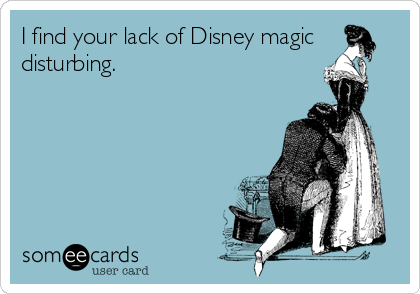 However, regular exercise is better for sleep than not exercising at all, and finding a routine that works for you is the most important thing.
However, regular exercise is better for sleep than not exercising at all, and finding a routine that works for you is the most important thing.
Develop a sleep schedule
Establishing a sleep schedule can help keep your circadian clock in check. When you keep your wake and sleep cycles around the same time each day, you may find it easier to fall asleep at night.
Avoid stimulants before bed
Stimulants like caffeine can worsen anxiety symptoms. In addition, because stimulants increase body activity, taking them before bed can make it more difficult to fall asleep.
Though it isn’t a stimulant, alcohol can also disrupt sleep, so be sure to avoid it before you hit the hay.
Turn off electronics
When you finally crawl into bed, you may want to consider avoiding electronics. A 2017 study found that in almost 350 adult participants, the use of electronics after bedtime was related exclusively to the amount of time it took to fall asleep.
This is because artificial blue light from electronics is thought to suppress the sleep hormone melatonin, making it harder to fall (and stay) asleep.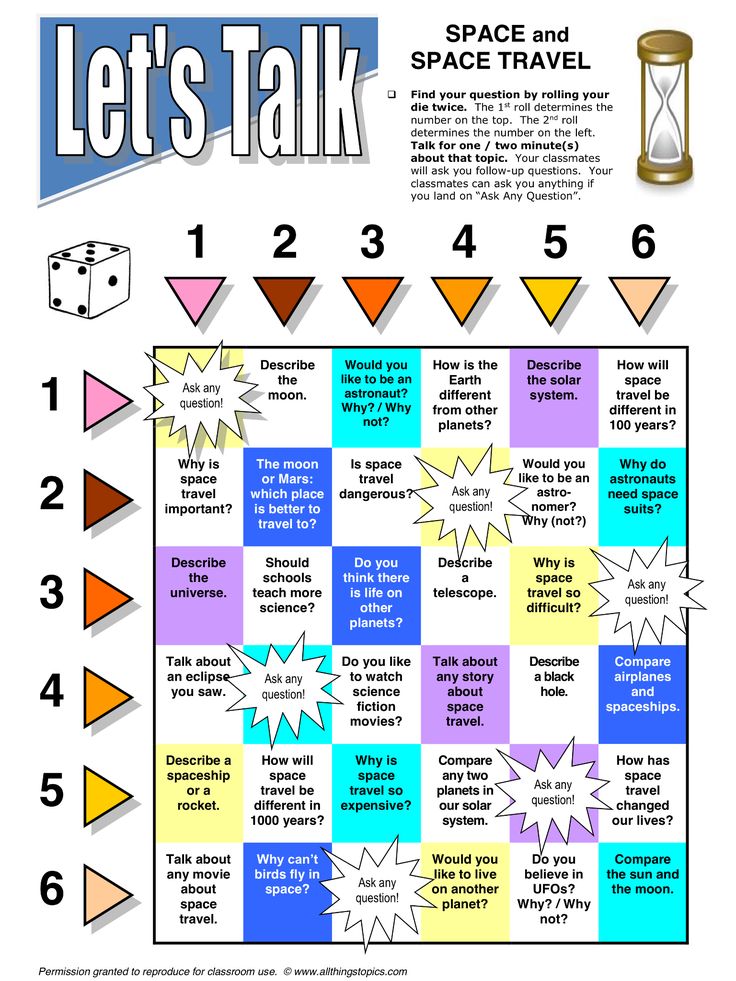
Create comfort
Pillows and mattresses should be comfortable and supportive for your body and sleeping style. Your bedroom is your own, so making it a comfortable, safe space to sleep can make all the difference for your nighttime anxiety.
Constant anxiety that makes it difficult to sleep at night can affect your daily quality of life. Your work or school performance may worsen, making it hard to complete your typical daily tasks.
If anxiety and lack of sleep are affecting your life in this way, it’s important to reach out to a doctor or mental health specialist for help.
Whether the doctor diagnoses anxiety, insomnia, or both, reaching out is the first step in the treatment process.
There are many reasons why your anxiety may be worse at night. Daily stressors, poor sleep habits, and other health conditions can lead to increased anxiety and panic attacks at night.
However, there are many treatments available that can help ease your anxiety and improve your quality of sleep. If you’re concerned that your nighttime anxiety and lack of sleep are affecting your life, it’s never too late to take advantage of the mental health resources available to you.
If you’re concerned that your nighttime anxiety and lack of sleep are affecting your life, it’s never too late to take advantage of the mental health resources available to you.
These online resources can help you find a mental health professional near you:
- American Psychiatric Association’s Find a Psychiatrist
- American Psychological Association’s Psychologist Locator
- Anxiety and Depression Association of America’s Find a Therapist
Why your anxiety at night can feel so intense
Anxiety can affect every part of our lives, but anxiety at night can often feel much worse than in the day - stopping us from falling asleep, or waking us in the early hours of the morning. Not only is this exhausting and frustrating, but poor sleep can leave us feeling more anxious the next day.
After a long day, you climb into bed and wait for sleep to come - but your mind has other ideas. Instead of restful slumber, anxiety starts to creep in and you think about work, bills or an awkward conversation you had earlier that day, and your head soon becomes crowded with worries.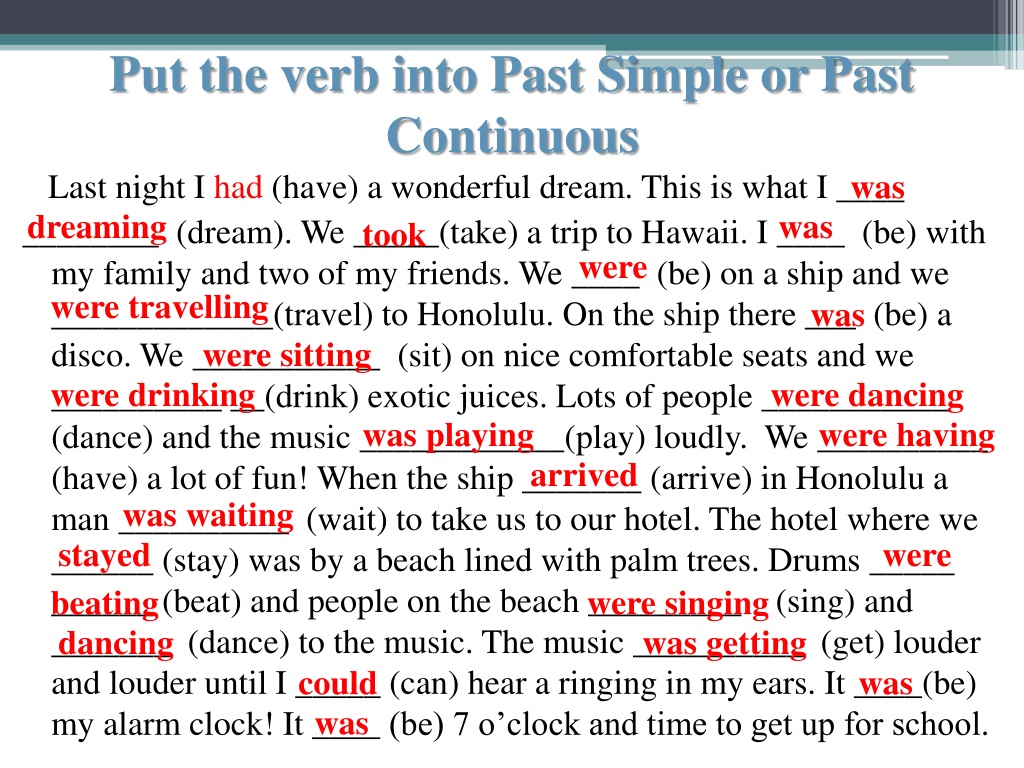
"I think my anxiety, when it's worse at night, is when I feel completely alone," says Crissy, 26. "I overthink which stops me from sleeping as I just can't switch off.
"The worst is when it turns into panic attacks where my chest tightens. I feel like I can't breathe and I do get night sweats," she adds. "The next day I'm drained, I can barely function and I just find it hard to get up which then sets back my entire day."
Why is my anxiety worse at night?
"Sleep promotes rest and relaxation, and gives us a chance to recuperate and let go of the stresses of the day," says Dr Natasha Bijlani, a consultant psychiatrist who provides treatment for anxiety at Priory Hospital Roehampton. "However, this isn't the case for the many individuals who struggle with anxiety and panic attacks at night."
There is no single reason why people experience anxiety at night or panic attacks at night, she explains, but several factors may be involved.
"We do know that the brain doesn't 'switch off' during sleep, so it's possible for any pent-up worries or anxieties to manifest in our unconscious brains, leading to nocturnal panic attacks," Bijlani says.
Simply being aware that others are sleeping soundly can lead to a sense of isolation and worsen anxiety at night, too. Small problems, such as forgetting to post a letter, can suddenly seem much worse than they actually are.
"Those who struggle with daytime anxiety and panic attacks are more likely to experience anxiety at night because there are fewer distractions to prevent them from worrying excessively and further, their heightened anxiety is likely to affect their quality of sleep," Bijlani explains.
When people are anxious during the day, they can avoid thinking about the thoughts that cause them distress by doing activities, says Nicky Lidbetter, CEO of Anxiety UK. “At night that is harder, and everything is quiet,” she says.
Some also worry their anxiety at night may impact others in a negative way.
"People also say to us that they're worried about having a panic attack in the night and waking up other people," Lidbetter explains.
"We get calls about panic attacks at night too. People go from being in a relaxed state of sleep to waking up with a jolt, with an adrenaline surge," Lidbetter says. "That can be hard to cope with because it can be very sudden and render them into a state of panic in a few seconds. It can feel quite destabilising."
People go from being in a relaxed state of sleep to waking up with a jolt, with an adrenaline surge," Lidbetter says. "That can be hard to cope with because it can be very sudden and render them into a state of panic in a few seconds. It can feel quite destabilising."
Another factor is the closure of support services at night, which some people rely on during an anxiety or panic attack.
"People who seek reassurance, which is a common characteristic of anxiety, also find at night that most help services are closed," Lidbetter says.
"With the exception of helplines like the Samaritans which run on a 24/7 basis, I think it's fair to say that most primary care mental health services close, which can rack up people's anxieties."
What's a permacrisis, and its impact on our mental health?
There seems to have been nothing but bad news for the last few years, with constant reports of v...
How to calm anxiety at night
The relationship between sleep and mental health is cyclical. If you have poor sleep, you're likely to feel tired the next day, which can make things even more difficult and stressful, which can make anxiety worse and result in another night of disturbed sleep. If you are struggling with anxiety at night and have trouble falling asleep, though, there are steps you can take.
If you have poor sleep, you're likely to feel tired the next day, which can make things even more difficult and stressful, which can make anxiety worse and result in another night of disturbed sleep. If you are struggling with anxiety at night and have trouble falling asleep, though, there are steps you can take.
Avoid caffeine
"Limit caffeine, sugar and alcohol before bed," Bijlani says. "These substances can make you anxious and jittery at night, and can prevent you from getting to sleep and staying asleep."
You could also try herbal teas, including chamomile or valerian extract, which can aid sleep.
"None of these are cures to anxiety at night, but they can make it more likely that someone will have a better sleep," Lidbetter says.
Prepare for the next day
Getting yourself organised for the following day can help put your mind at ease, Bijlani says.
"Many people struggle to get to sleep because they are anxious about the following day. You can try to reduce this anxiety by making sure that you have everything prepared. For example, you could have a to-do list or even get your clothes ready."
For example, you could have a to-do list or even get your clothes ready."
Establish a sleep routine
Developing a 'wind-down' routine before bed helps your body recognise when it's time for sleep.
"Try to go to bed and wake up at the same time every day. Even at the weekends, try to get up at a time that isn't too different to when you get up during the week," Bijlani advises.
It's also important to make sure you give yourself time to get the sleep you need, too.
"Going to bed too late and not leaving enough time for sleep may result in you constantly checking the clock and worrying that you're not going to feel rested the next day," Bijlani explains. "These negative thought processes can fuel anxiety."
Relaxation activities
Stephen Buckley, head of information at the mental health charity Mind, says taking steps to relax before bed can also make a difference in anxiety levels.
"Some people find that calming themselves through listening to relaxing music or having a bath can help. Breathing exercises, muscle relaxation and visualising scenes associated with happy memories can also help," he says.
Breathing exercises, muscle relaxation and visualising scenes associated with happy memories can also help," he says.
Avoiding your laptop or phone an hour or so before bed is key, however, as certain devices give off blue light which research suggests can interrupt our sleep.
If you can't sleep, get up
Insomnia is frustrating, but lying in bed and trying to get to sleep is only going to make you feel worse. If you can't get back to sleep within 20 minutes, get up.
"Some people get a sleep phobia where they get fixated on not being able to get to sleep, which can become a big anxiety worry," Lidbetter says. "If you can't go to sleep, get up and do something else. Reading can be therapeutic or you could practise mindfulness.
"Anxiety UK has a strong partnership with the Headspace people, which is a great app and something you can just practise which is relatively easy to do. It just sets the scene for a restful night's sleep because it calms down your sympathetic nervous system and puts you into relaxation mode.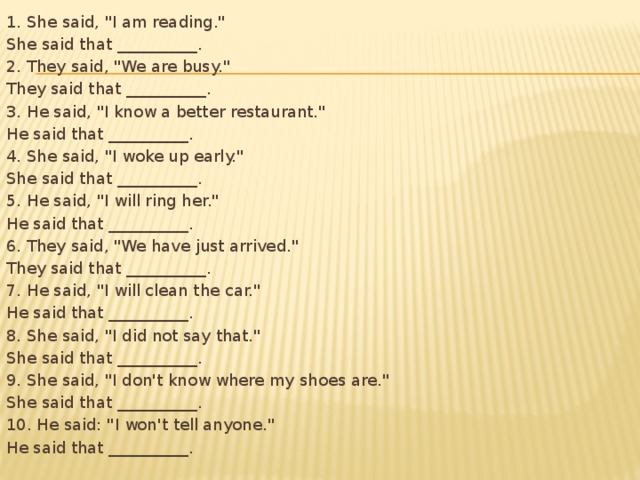 "
"
Get professional help
If you struggle with anxiety at night which is impacting your sleep or other aspects of your life, it's important to get help.
"If you find that feelings of anxiety are starting to significantly affect your day-to-day life, including feeling unable to sleep, you can talk with your GP about treatment options, such as talking therapies or medication," Buckley says.
Talking therapies may include cognitive behavioural therapy, which can help change the way we think and behave, particularly when it comes to negative thinking.
"Talking about your problems with your doctor can be challenging, so Mind has produced a guide - 'Find the Words' - to help you prepare for the short time you get with your GP."
How to Overcome Sleep Anxiety
If you deal with anxiety or sleep disturbances on a regular basis, there are a few simple strategies that can help calm your mind, relax your body, and make it easier for you to sleep. Changing bedtime habits takes time and patience, but over time they can help reduce anxiety.
Changing bedtime habits takes time and patience, but over time they can help reduce anxiety.
1. Practice good sleep hygiene
Sleep hygiene refers to various habits that are essential for good quality sleep. Best practices include reducing daytime sleep to 30 minutes, limiting stimulants like coffee and alcohol closer to the night, and going to bed and waking up at the same time. nine0003
2. Practice meditation
Begin by sitting quietly for a few minutes and focusing on your breath. Learning to quiet your mind and meditate can help you deal with stress, both during the day and before bed. If meditation is difficult for you, try relaxing yoga poses to help your body prepare for sleep.
3. Exercise
Regular exercise has been found to help people fall asleep faster and sounder. Even moderate-intensity exercise, such as brisk walking, can improve sleep for those with chronic insomnia. nine0003
nine0003
4. Take time to relax
Proper sleep preparation will allow your mind and body to slow down before you go to bed. Take at least 30 minutes to take a bath, read a book, listen to a podcast, or listen to soothing music. These transitional rituals can set your brain to associate certain activities with getting ready for bed.
5. Avoid stress before bed
Leave office, work, news and social networking for daytime. Experts suggest creating a transition time between work and sleep, which will help you tune in to a good rest. nine0003
6. Write down your worries on paper
Instead of letting thoughts and to-do lists go round and round in your head, write them down so your brain has a plan for the next day. Research shows that it may help you fall asleep faster.
7. Stay out of bed if you can't sleep
If you've been in bed for more than 20 minutes and still can't sleep, reset. Get up, get out of the bedroom and engage in a sleep-inducing activity like having a cup of tea or reading a book. This action on conditioned reflexes, known as stimulus control, can help shorten the time it takes to fall asleep. nine0007
Get up, get out of the bedroom and engage in a sleep-inducing activity like having a cup of tea or reading a book. This action on conditioned reflexes, known as stimulus control, can help shorten the time it takes to fall asleep. nine0007
8. Limit Gadget Use
Our laptops, phones and tablets emit blue light that suppresses melatonin, making the brain think the sun has risen. Try not to use gadgets one or two hours before you plan to go to bed so as not to disrupt your circadian rhythm.
9. Maintain favorable sleep conditions
Controlling light, sound, and temperature can increase your chances of calming your mind and falling asleep easily. The bedroom should be dark, quiet and cool. Pink noise can also help you focus on your sleep. nine0003
10. Get a mattress that suits you
When you sleep on an uncomfortable mattress, pressure builds up and pain points build up on your body, causing you to toss and turn. The right mattress and pillow will help support your body and neck, and keep you cool and comfortable while you sleep. You can order a Kitami mattress with a test drive for 101 nights and not be afraid that you will make the wrong choice. If the mattress does not suit you, Kitami will take it for recycling and refund 100% of the cost. You can choose a mattress here. nine0007
The right mattress and pillow will help support your body and neck, and keep you cool and comfortable while you sleep. You can order a Kitami mattress with a test drive for 101 nights and not be afraid that you will make the wrong choice. If the mattress does not suit you, Kitami will take it for recycling and refund 100% of the cost. You can choose a mattress here. nine0007
Sleep disturbance in anxiety disorders
Anxiety is often associated with sleep problems. Excessive anxiety and fear not only make it difficult to fall asleep, but also disrupt sleep during the night.
Contents
- What is anxiety and anxiety disorders?
- What does anxiety look like?
- What is the relationship between anxiety and sleep?
- How to reduce anxiety and sleep better? nine0067
In turn, sleep deprivation can exacerbate anxiety by triggering a negative cycle involving insomnia and anxiety disorders, whereby understanding and addressing the relationship between anxiety and sleep can be fundamental to physical and emotional well-being.
What is anxiety and anxiety disorders?
Anxiety is a feeling that all people experience from time to time in response to a stressful situation, and this is quite normal. But in anxiety disorders, this distress becomes extreme. Fears are disproportionate to the situation and anxiety begins to interfere with daily life. These sensations become stable and occur on most days for six months or more. nine0003
What does anxiety look like?
The symptoms of an anxiety disorder can affect a person both emotionally and physically. People who suffer from anxiety can become very nervous, and this affects their concentration and mood, which eventually leads to constant irritation, fear, and a sense of danger can sometimes seem overwhelming and uncontrollable. Physical anxiety disorders can cause muscle tension, rapid breathing and heart rate, sweating, trembling, gastrointestinal disturbances, and fatigue. nine0003
What is the relationship between anxiety and sleep?
Severe sleep disturbances, including insomnia, have long been recognized as a common symptom of an anxiety disorder. A person who is worried about something often thinks about his problems in bed, and this anxiety at night can prevent falling asleep. In fact, a state of mental hyperarousal, which is often accompanied by anxiety, has been identified as a major factor in insomnia. People with anxiety disorders are subject to higher sleep reactivity, meaning they are much more likely to have trouble sleeping. Of note, sleep problems have been found in people with various types of anxiety, including generalized anxiety disorder and post-traumatic stress disorder. Several studies over 90% of people with combat-related post-traumatic stress disorder reported symptoms of insomnia. Trouble falling asleep can also complicate the situation, causing anxiety during sleep, increasing a person's feelings of fear and anxiety. These negative thoughts during sleep, a kind of anxious anticipation, can create problems for a healthy sleep routine. Even after falling asleep, a person may wake up in the middle of the night with a feeling of anxiety, and falling asleep again can be quite problematic if the feeling of anxiety returns to him again.
A person who is worried about something often thinks about his problems in bed, and this anxiety at night can prevent falling asleep. In fact, a state of mental hyperarousal, which is often accompanied by anxiety, has been identified as a major factor in insomnia. People with anxiety disorders are subject to higher sleep reactivity, meaning they are much more likely to have trouble sleeping. Of note, sleep problems have been found in people with various types of anxiety, including generalized anxiety disorder and post-traumatic stress disorder. Several studies over 90% of people with combat-related post-traumatic stress disorder reported symptoms of insomnia. Trouble falling asleep can also complicate the situation, causing anxiety during sleep, increasing a person's feelings of fear and anxiety. These negative thoughts during sleep, a kind of anxious anticipation, can create problems for a healthy sleep routine. Even after falling asleep, a person may wake up in the middle of the night with a feeling of anxiety, and falling asleep again can be quite problematic if the feeling of anxiety returns to him again. nine0003
nine0003
Ultimately, this can lead to sleep fragmentation, reducing both the quantity and quality of sleep. The link between anxiety disorder and changes in sleep cycles has been identified by the National Center for Biotechnology Information. Research has shown that anxiety and ruminating before bed can affect eye movement REM sleep, including vivid dreams. Anxiety can trigger nightmares and increase the likelihood of sleep disturbances. Nightmares can reinforce negative associations and fear of sleep. At the same time, strong evidence indicates that sleep problems are not just a symptom of anxiety. Studies have shown that people who are prone to anxiety are particularly sensitive to the effects of insufficient sleep, which affects their mood and emotional health. The bidirectional relationship means that anxiety and sleep deprivation can reinforce each other. Anxiety is caused by poor sleep, which increases anxiety, and as a result, sleep problems become global. nine0003
Depression, which is known to negatively affect sleep, can further complicate the situation by creating additional barriers to quality sleep for both those suffering from depression and those with an anxiety disorder. People with obstructive sleep apnea, a sleep disorder that results in repetitive breath holding and interrupted sleep, have been found to have a higher rate of mental health problems, including depression and panic disorder. nine0003
People with obstructive sleep apnea, a sleep disorder that results in repetitive breath holding and interrupted sleep, have been found to have a higher rate of mental health problems, including depression and panic disorder. nine0003
How to reduce anxiety and sleep better?
Although the consequences of an anxiety disorder can be significant, it is one of the most treatable of all mental health disorders. Any person who has persistent and significant sleep disturbance or problems should speak with a physician who can assess the situation and discuss the advantages and disadvantages of potential treatment options in a particular case. nine0003
Cognitive behavioral therapy is one of the most widely used treatments. This is a type of talking therapy that helps refocus negative thinking and helps reduce anxiety. Studies have proven that cognitive behavioral therapy can reduce anxiety even in people who suffer from insomnia. Also, eliminating excessive anxiety can open the way to better sleep, but severe cases of insomnia are not always correctable with cognitive behavioral therapy alone. In such cases, several different types of drugs are used for treatment, including sedatives, antidepressants, and beta-blockers. These medications are meant to relieve symptoms, not treat the underlying anxiety disorder. Through the multifaceted relationship between anxiety and sleep, good rest can help combat feelings of anxiety. Also, developing healthy sleep habits can make sleep more enjoyable and simplify your regular daily routine to improve it. Both sleep and the environment of a person is part of sleep hygiene, and in order to improve it, it is necessary: nine0003
- make the bed more comfortable;
- eliminate sources of sleep disturbance such as light, noise;
- Avoid caffeine and alcohol during the day and evening.
The use of relaxation techniques can also help you find ways to get rid of anxiety and help you fall asleep quickly and peacefully. In addition, relaxation exercises, deep breathing, and meditation can be an integral part of CBT and can break the cycle of worry and rumination.
